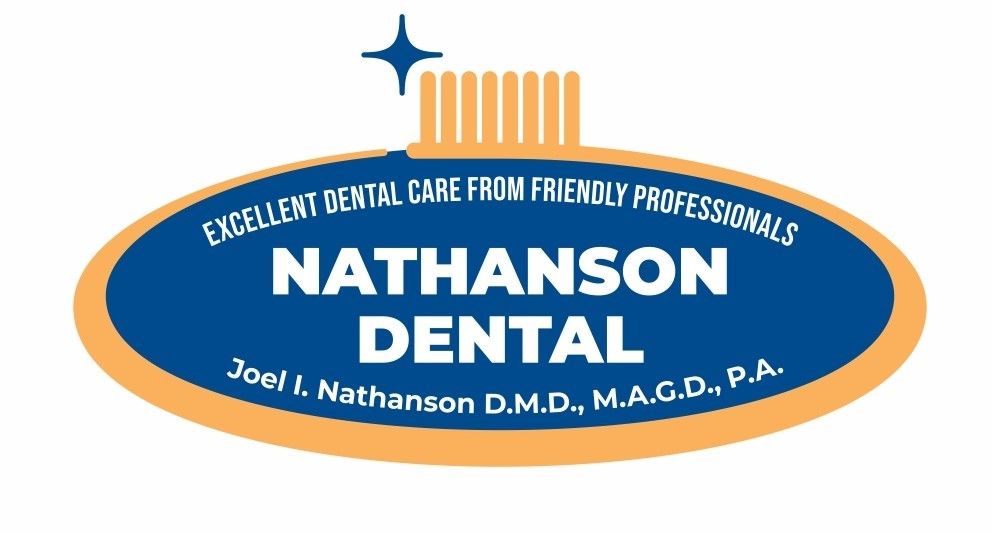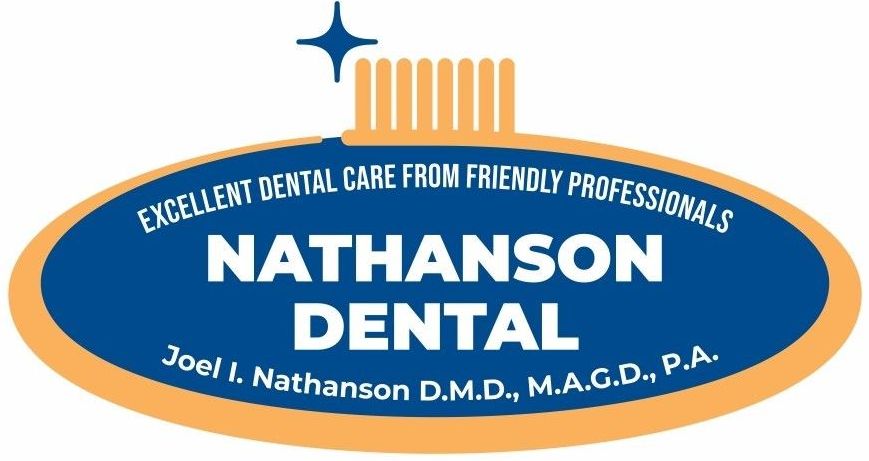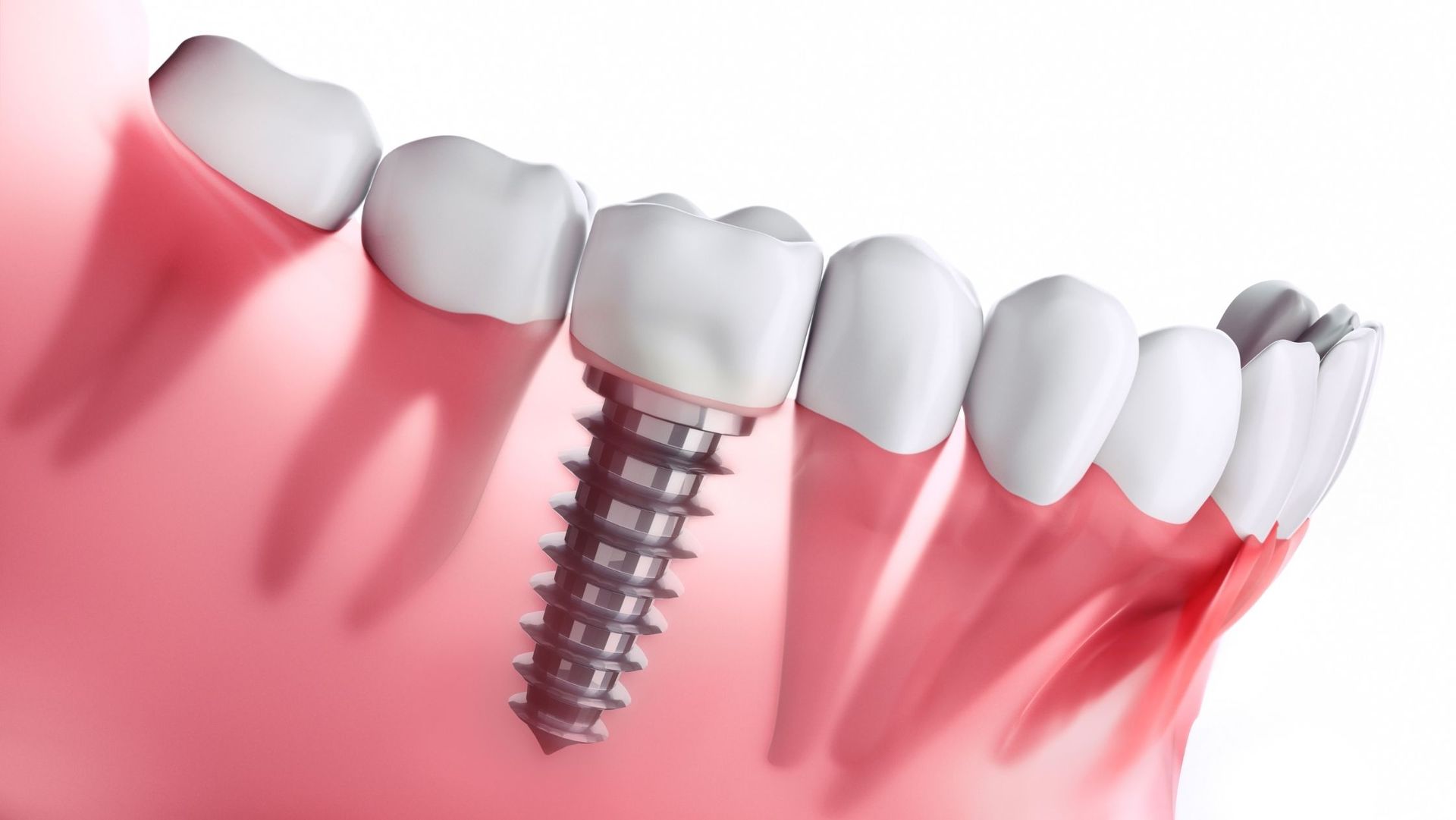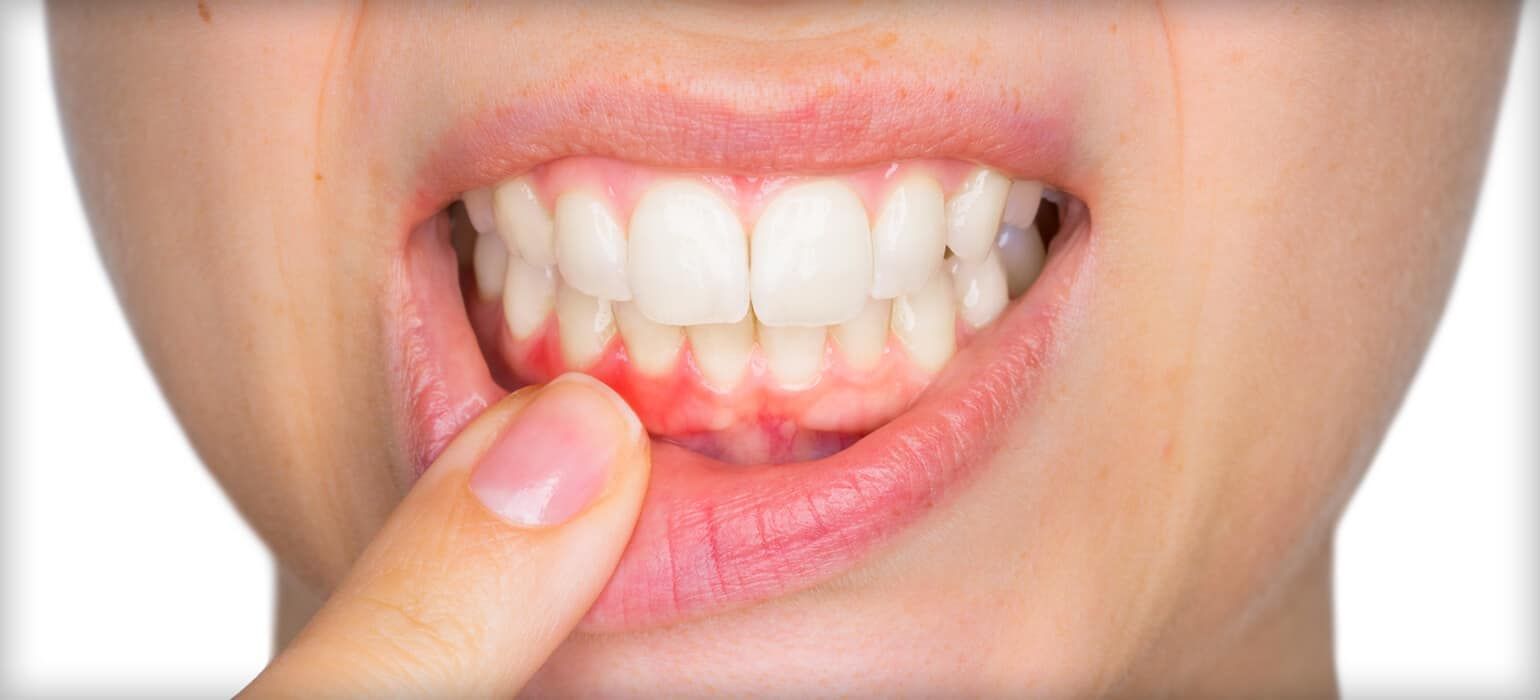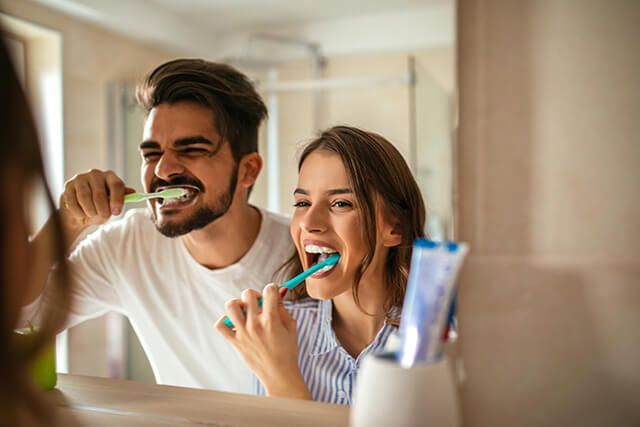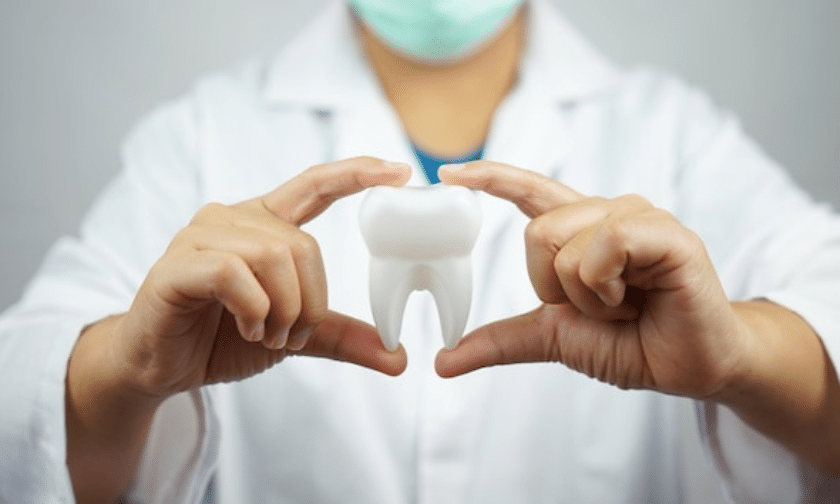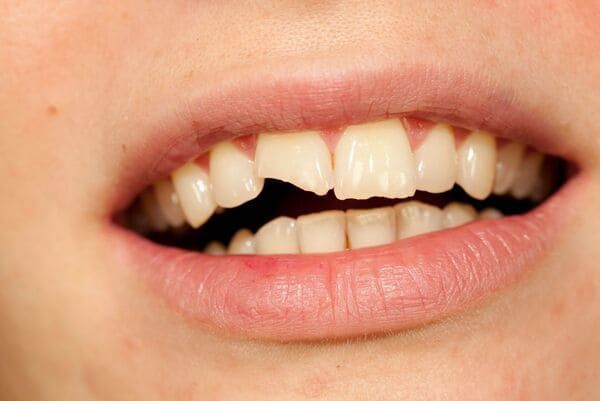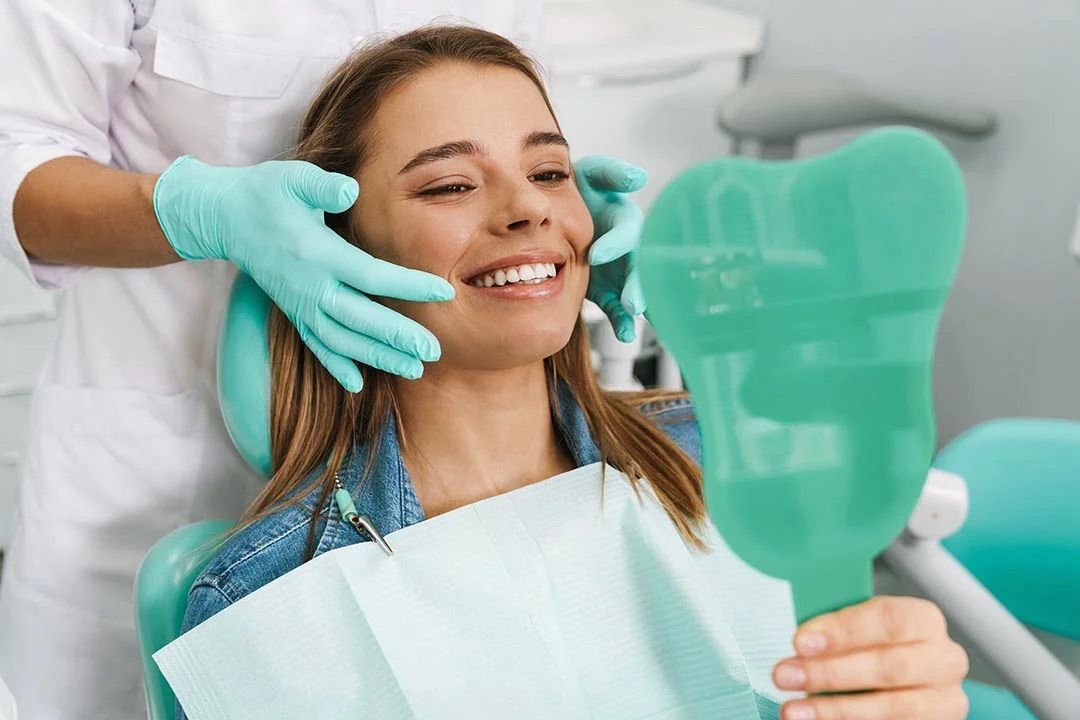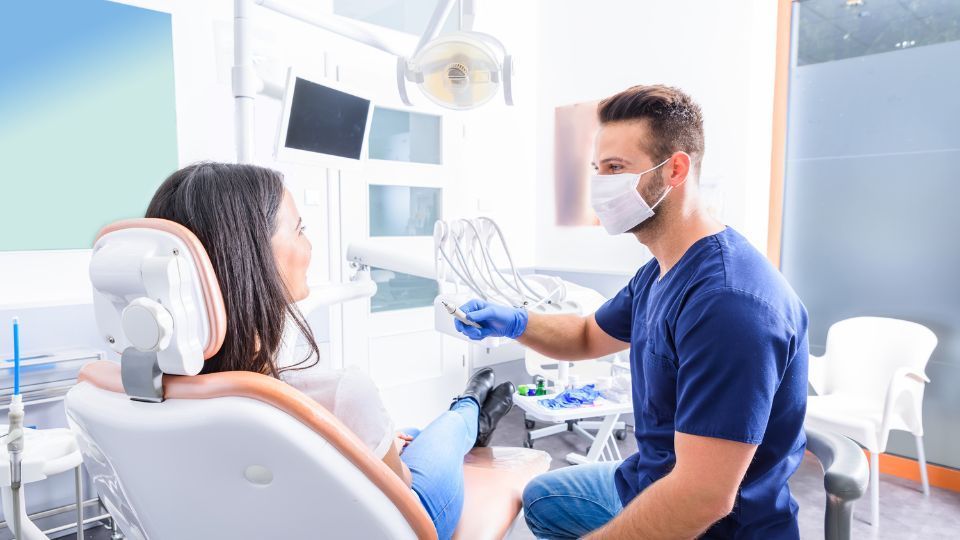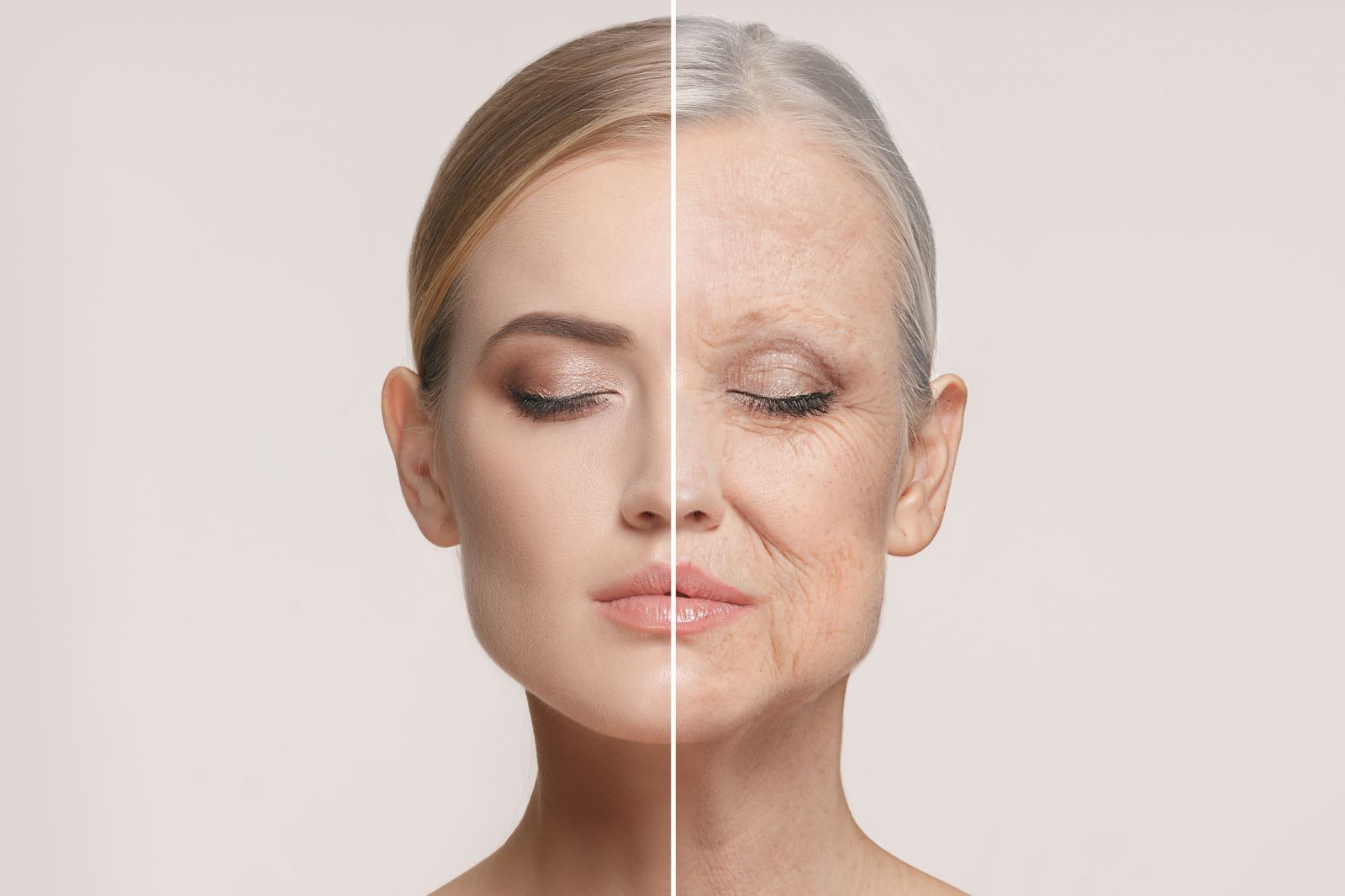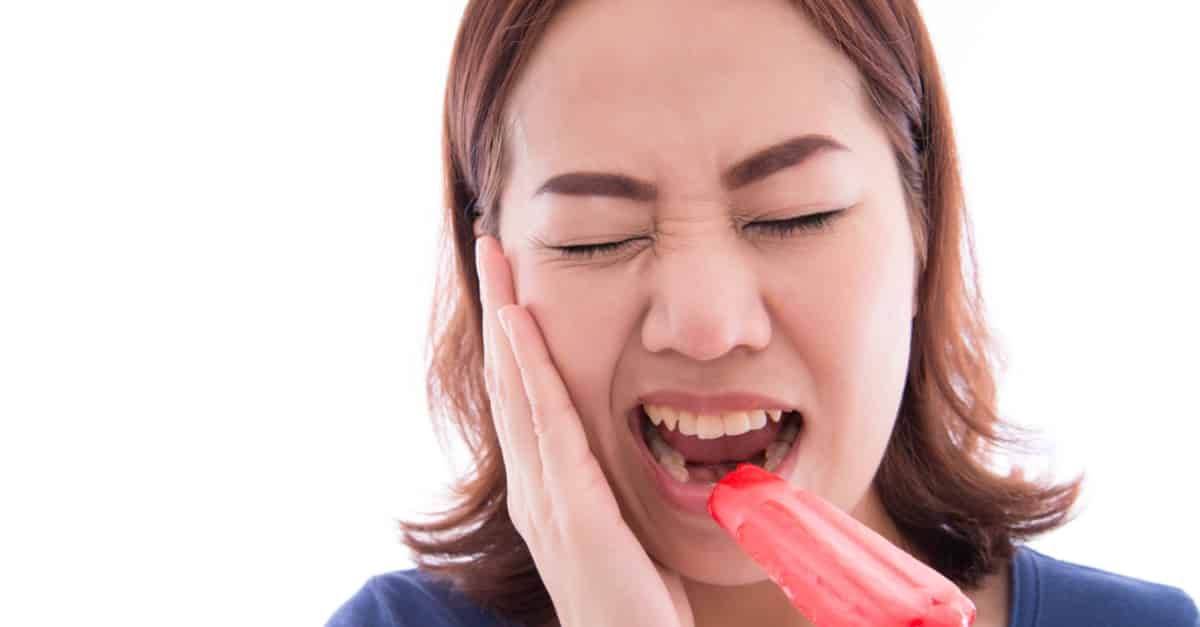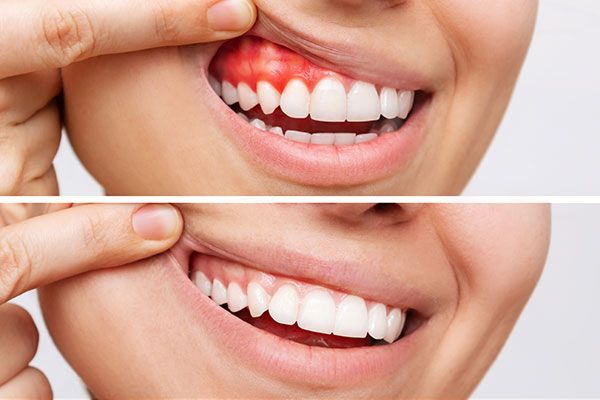How to Protect Your Teeth While You Sleep
Learn Better Sleep Habits to Protect Your Oral Health
Best Family Dentistry in Hunt Valley, MD
While most people focus on brushing, flossing, and avoiding sugary foods during the day, they often overlook the hours they’re asleep as a critical time for oral health. At Nathanson Dental, we believe that protecting your smile shouldn’t end when your head hits the pillow. In fact, nighttime is when your teeth may be most vulnerable to decay, grinding, dryness, and inflammation—especially if you’re managing ongoing conditions like gum disease or recovering from procedures like tooth extraction in Hunt Valley, MD.
Whether you’ve had recent dental work such as veneers or crowns, or you're trying to preserve your natural teeth, developing a strong nighttime routine can make a dramatic difference in your long-term oral wellness.
Why Nighttime Matters for Dental Health
Saliva is the body’s natural defense against harmful bacteria, but production significantly decreases during sleep. With less saliva, the mouth becomes drier, creating an ideal environment for bacteria to grow unchecked. As a result, individuals are more susceptible to plaque buildup, cavities, and gum inflammation during the night.
Patients dealing with gum disease in Hunt Valley, MD must be especially mindful. Overnight plaque and tartar buildup can further aggravate periodontal pockets, increasing the risk of recession and bone loss.
If you’ve recently undergone a tooth extraction, had veneers placed, or received dental crowns, it's crucial to follow a nightly care plan to ensure optimal healing and long-term success.
Common Nighttime Threats to Your Teeth
1. Dry Mouth
Dry mouth during sleep can result from certain medications, mouth breathing, or underlying health conditions. It contributes to a higher risk of tooth decay and gum problems. Patients who are healing from procedures like tooth extractions should avoid this condition to prevent infections or delayed healing.
2. Bruxism (Teeth Grinding)
Bruxism is a condition in which you unconsciously grind or clench your teeth during sleep. This can cause serious wear on enamel, create microfractures in restorations like veneers, or even damage newly placed dental crowns. It's also a common symptom in patients suffering from TMD in Hunt Valley, MD.
3. Clenching from Stress or TMD
Patients with TMD often wake up with jaw soreness or tightness due to overnight clenching. This condition not only damages teeth but also contributes to facial pain, headaches, and jaw misalignment. Protecting your bite while you sleep is an essential part of TMD management.
Protecting Cosmetic and Restorative Work at Night
You’ve made an investment in your smile through treatments like veneers, crowns, or teeth whitening in Hunt Valley, MD. Protecting that investment is essential. At Nathanson Dental, we advise patients to avoid nighttime habits that could compromise their results—like grinding, sleeping with food debris in the mouth, or failing to wear their custom nightguard.
Patients who grind their teeth risk chipping or wearing down their veneers, dulling their whitening results, or creating stress cracks in natural enamel. Those who’ve recently received dental crowns should be cautious about pressure and avoid biting down on hard foods before bed.
Nighttime Routine Recommendations
1. Brush and Floss Before Bed
It’s essential to remove any food particles, sugars, or acids that may linger in the mouth throughout the night. This is especially important for patients with gum disease or who are prone to cavities.
2. Rinse with a Fluoride Mouthwash
Fluoride helps remineralize enamel and offers an extra layer of protection against bacteria. Choose an alcohol-free formula to avoid worsening dry mouth.
3. Hydrate
Drinking water before bed—and keeping a glass nearby throughout the night—can help maintain moisture in the mouth, especially if you breathe through your mouth or use a CPAP machine.
4. Use a Nightguard If Needed
Patients diagnosed with TMD or bruxism should wear a professionally fitted nightguard to reduce pressure on teeth and jaw joints. These guards also help preserve cosmetic restorations like veneers or crowns.
Botox as a Nighttime TMD Treatment
At Nathanson Dental, we offer Botox in Hunt Valley, MD as a therapeutic option for patients with persistent TMD symptoms. Administered in key areas of the jaw and face, Botox can help relax overactive muscles and reduce the clenching and grinding that often occur overnight. This treatment is particularly helpful for patients who haven't found relief with nightguards alone.
Special Considerations for Teeth Whitening Patients
Patients who have recently had teeth whitening in Hunt Valley, MD should avoid staining foods and beverages before bedtime, such as red wine, coffee, or dark chocolate. Brushing and rinsing before bed is key to maintaining brightness, as newly whitened enamel is more porous and susceptible to discoloration.
Caring for Gums After Hours
For patients currently managing gum disease, nighttime can be a make-or-break time for controlling inflammation. Bacteria tend to multiply rapidly in the absence of saliva. Use a water flosser or interdental brushes before bed to clean below the gumline, and consider sleeping with a humidifier if dry mouth is a recurring problem.
What to Avoid Before Bed
- Sticky or sugary snacks
- Acidic drinks like soda or citrus juices
- Chewing ice or hard candy
- Sleeping without brushing or flossing
These habits can erode enamel, damage restorations, and contribute to bacteria overgrowth overnight.
When to Schedule a Check-Up
If you’re waking up with jaw pain, tooth sensitivity, or signs of dry mouth, it may be time to update your sleep routine. Likewise, if you’ve had cosmetic or restorative procedures like veneers, crowns, or tooth extractions in Hunt Valley, MD, we recommend following up regularly to ensure everything is healing and functioning properly.
Our team provides customized guidance to help patients protect their oral health at night, including fitting nightguards, evaluating bite alignment, and managing muscle activity with treatments like Botox.
Conclusion
Nighttime dental care is an often-overlooked part of a complete oral health strategy. At Nathanson Dental, we help patients preserve their teeth, gums, and restorations around the clock. Whether you’re dealing with TMD, maintaining results from teeth whitening, or recovering from a recent tooth extraction, what you do before bed matters.
Let our team help you develop the right routine—and provide the tools you need to protect your smile even while you sleep. Schedule your visit today.
5 Shawan Rd, Cockeysville, MD 21030
